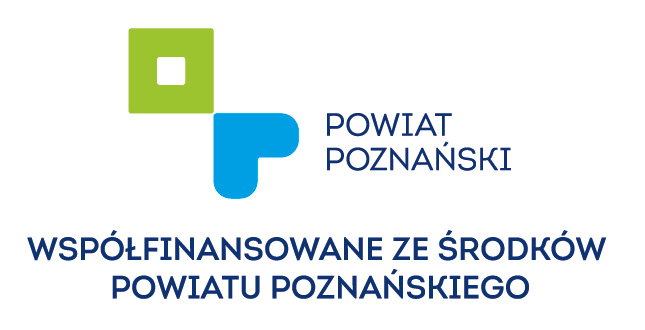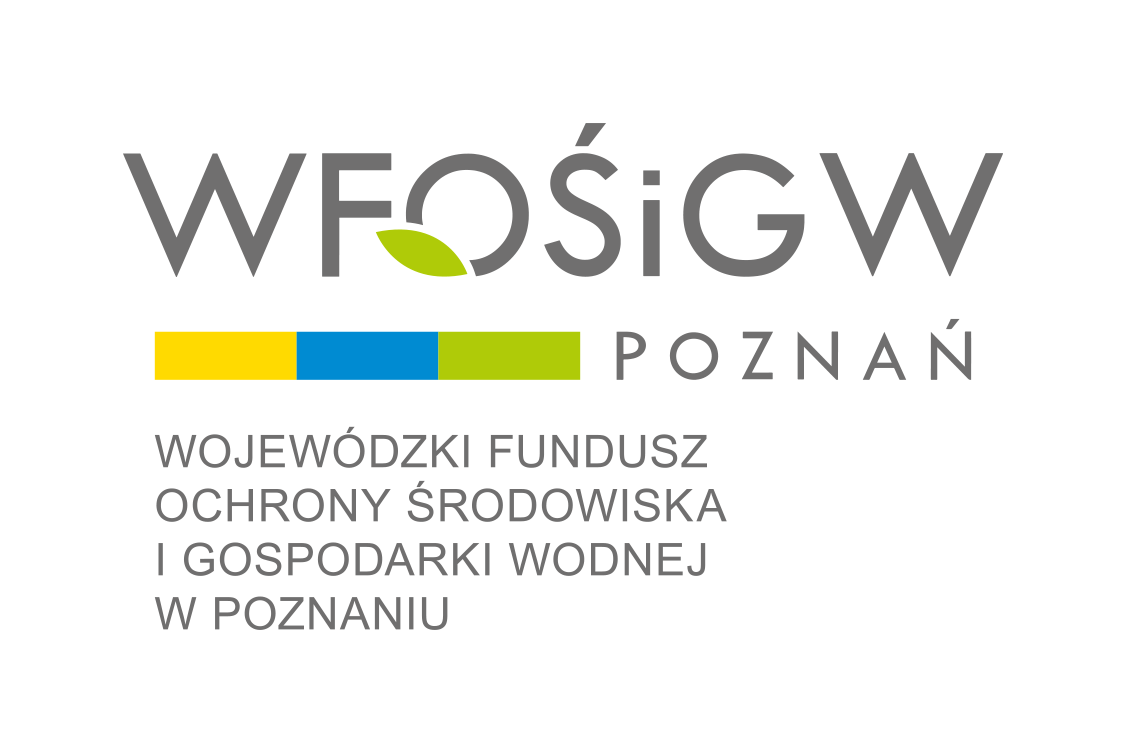91: 16-31
Elia Ambrosio, Marcin Pietras, Alan Feest
Biotic and abiotic factors influencing macrofungal diversity and biomass in Mediterranean forests with a focus on the Porcini group
Dendrobiology 2024, vol. 91: 16-31
https://doi.org/10.12657/denbio.091.002
Abstract:
Macrofungi are among the most crucial ecological forest resources and essential components of terrestrial ecosystems. Despite growing socio-economic interest, knowledge of their production is not understood because of many factors that can affect their natural growth. The aim of this study is to analyze which biotic and abiotic factors can influence the diversity and biomass of macrofungal fruiting bodies, at small and large scales. We worked in broadleaf Mediterranean forests, with a special focus on wild edible species (Porcini). The mycological observations were focused on epigeous macrofungi. To investigate connections between the occurrence of Boletus edulis species distribution modeling was used. Contrary to previous studies, the results reveal that, at a small (local) scale, the soil properties and the geochemical content (traces and minor elements) are more strongly correlated with macrofungal communities than vegetation (tree richness, dead wood, and litter volume) and climatic parameters (air temperatures and rainfall). At large scale, both edaphic and climatic factors, are considered essential for fungal fruiting and distribution across landscapes. The quantity of precipitation of the driest month is the crucial climatic factor influencing the occurrence of Porcini. The different results highlight a high variability and site dependence of both biotic and abiotic factors. Further studies appear to be necessary to increase knowledge on which factors have the most influence on edible and non-edible mushroom yield in various habitats.
Keywords: mycobiota, biodiversity, deciduous forests, edible mushrooms, climate











